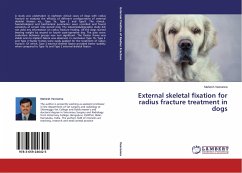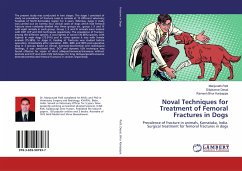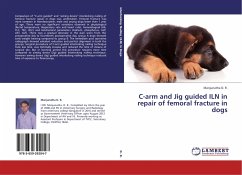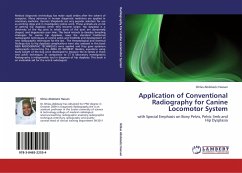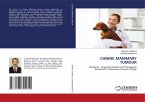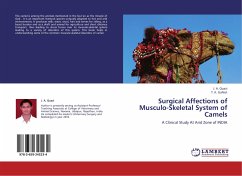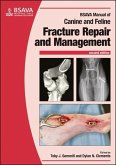A study was undertaken in eighteen clinical cases of dogs with radius fracture to evaluate the efficacy of different configurations of external skeletal fixators viz., Type 1b, Type 2 and Type3. The clinical, haemotological and biochemical parameters were recorded and found variations at certain time period only. The osteomedullographic study did not yield any information on radius fracture healing. All the dogs started bearing weight by second to fourth post-operative day. The pain score evaluation between groups was non significant. The fixator frame was stable and no implant failure was observed. In conclusion Type 1b, Type 2 and Type 3 fixator frames were easily applied for the treatment of radius fracture. Of which, Type 3 external skeletal fixator provided better stability when compared to Type 1b and Type 2 external skeletal fixator.
Bitte wählen Sie Ihr Anliegen aus.
Rechnungen
Retourenschein anfordern
Bestellstatus
Storno

